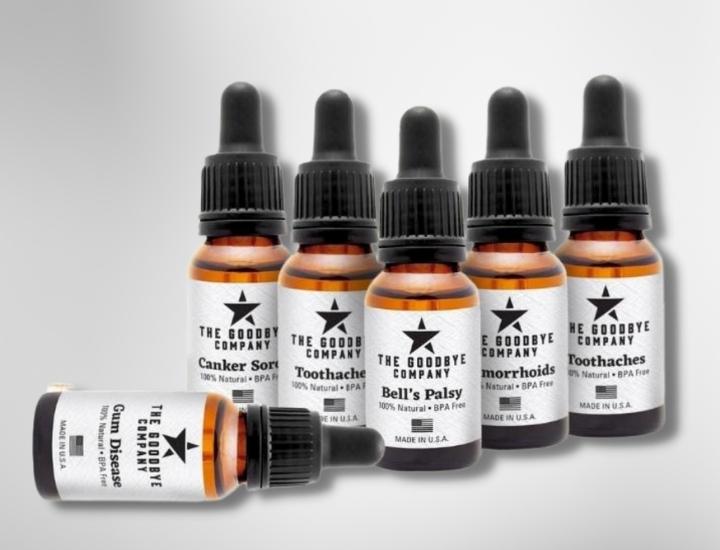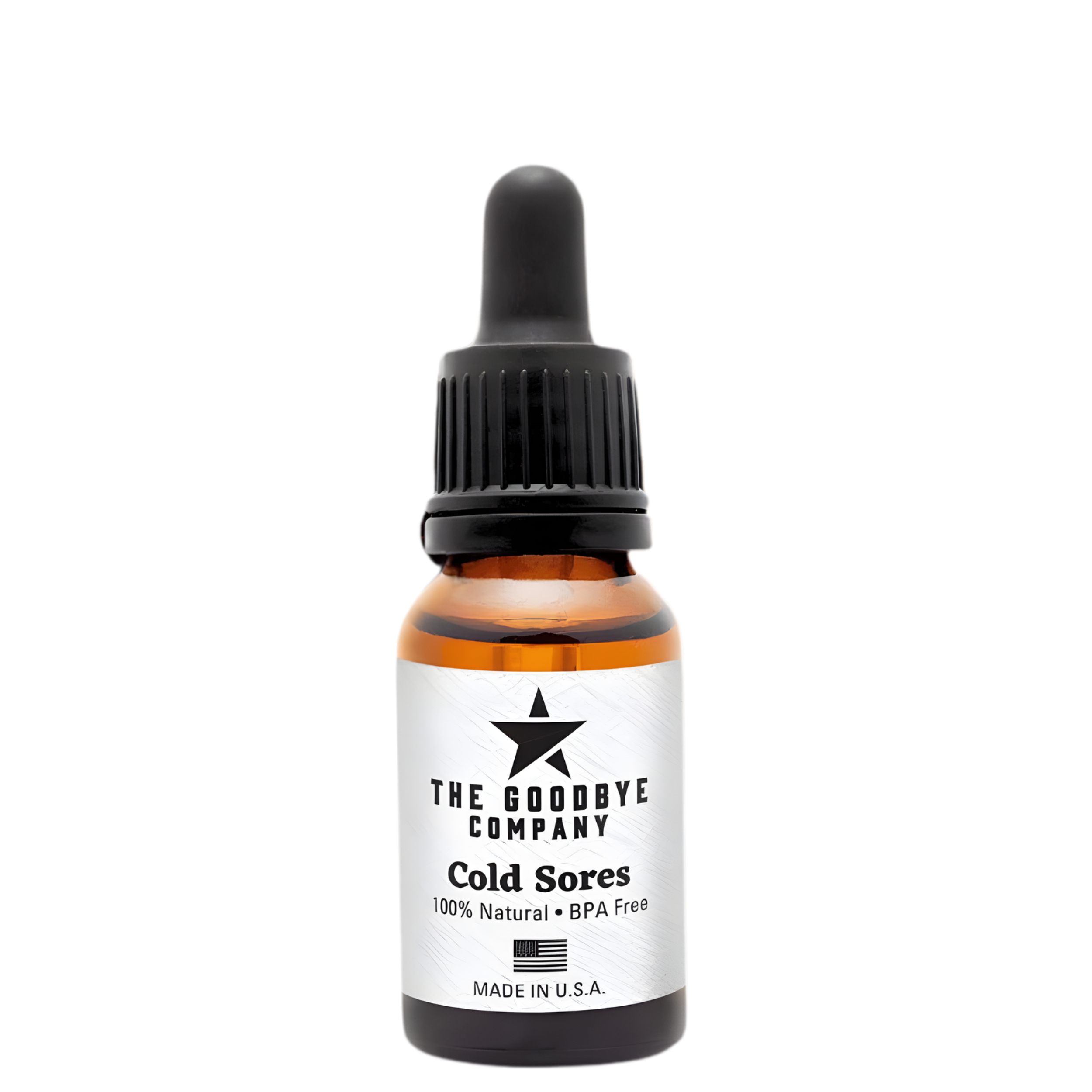Nicotinamide Adenine Dinucleotide (NAD+) is a vital pyridine nucleotide found in all living cells, where it functions as an essential coenzyme in redox reactions and as a substrate in key metabolic and signaling pathways. In research, NAD+ is studied for its roles in cellular energy metabolism (ATP production), mitochondrial function, sirtuin activation, DNA repair, and oxidative stress response. This makes NAD+ a critical tool for investigating aging, metabolic disorders, neuroprotection, and cellular resilience mechanisms.
Important Note
NAD+ is not approved for human consumption, medical use, or diagnostic purposes. It is supplied strictly for laboratory research only. Handling should be performed by qualified professionals in an appropriate research setting.
Dosage Reference Chart (Research Use Only)
| Form |
Suggested Research
Concentration
|
Example Preparation |
Notes
|
| Lyophilized Powder |
10 mg per vial |
Reconstitute with sterile or
bacteriostatic water |
Store dry at –20°C until
use |
| Reconstituted Solution |
200–500 µg/mL |
Dissolve to target concentration for
experiments |
Stable at 2–8°C for 2–3
weeks; do not freeze once
reconstituted |
Experimental
Dosing
(animal studies,
literature-based)* |
Variable by study |
Adjust according to study design |
Preclinical models only |
Features & Properties
- Supplied as NAD+ disodium salt, lyophilized powder
- 500 mg per vial (higher content for extended or bulk research applications)
- Extensively studied in relation to energy metabolism, mitochondrial biology, and aging pathways
- Produced under sterile, research-grade conditions
- Stable long-term in lyophilized form when stored appropriately
Storage & Stability
– Lyophilized peptide: Stable for up to 24 months at –20°C.
– Reconstituted solution: Stable for 2–3 weeks at 2–8°C.
– Avoid repeated freeze–thaw cycles.
Usage Restrictions
-For laboratory research use only
-Not approved for human consumption, medical use, or diagnostic purposes
-Handling should be performed by qualified professionals in controlled research settings
-Store securely & keep out of reach of children
-Do not handle during pregnancy or breastfeeding
Frequently Asked Questions (FAQs)
Q1. What does each vial contain?
Each vial contains 500 mg of NAD+ (lyophilized powder).
Q2. What is the appearance of the product?
It appears as a white to off-white crystalline or powdery substance.
Q3. Why 500 mg per vial?
This size is common for biochemical and metabolic studies requiring larger working concentrations than small peptide vials (e.g., 5–10 mg).
Q4. How should NAD+ be stored?
- Before reconstitution: –20 °C, stable up to 24 months.
- After reconstitution: 2–8 °C, use within 1–2 weeks. Avoid repeated freeze–thaw cycles.
Q5. How is NAD+ reconstituted?
Readily soluble in sterile water, PBS, or other research-grade buffers. Always use aseptic technique.
Q6. Is the product sterile?
Yes, vials are filled and sealed under sterile conditions. Sterile handling is required after opening.
Q7. Is NAD+ approved for human use?
No. This product is for research only and not for human or veterinary use.
Q8. Why is NAD+ important in research?
NAD+ is central to cellular respiration, energy transfer, mitochondrial health, sirtuin activation, and DNA repair, making it a valuable focus in aging, neurobiology, and metabolic studies.
Q9. What packaging is used?
A 10 mL borosilicate glass vial, sealed with a butyl rubber stopper and aluminum crimp cap.
Q10. How stable is NAD+ during shipping?
As a lyophilized powder, NAD+ remains stable under standard shipping conditions. It should be placed in proper storage (–20 °C) immediately upon arrival.





